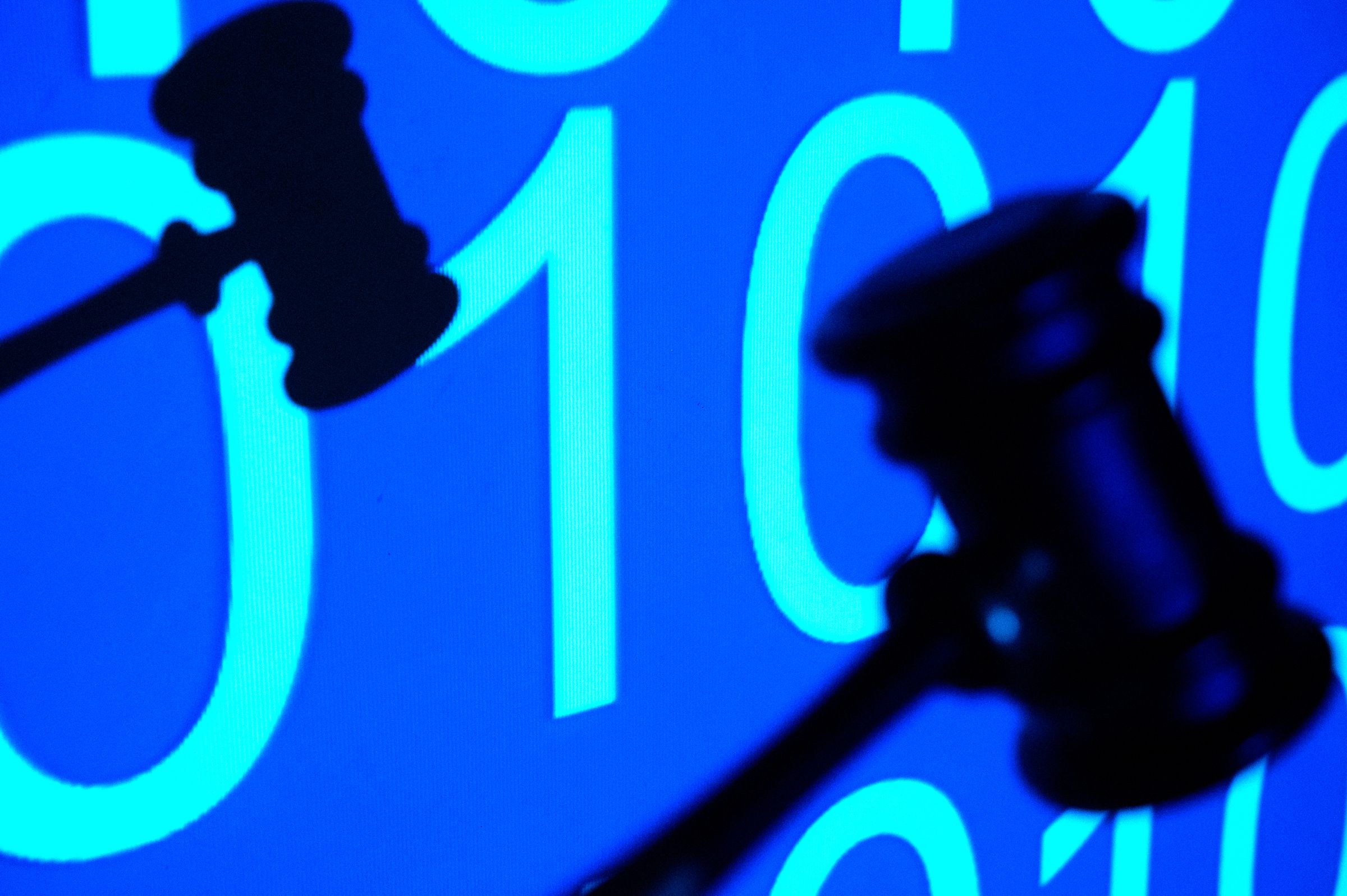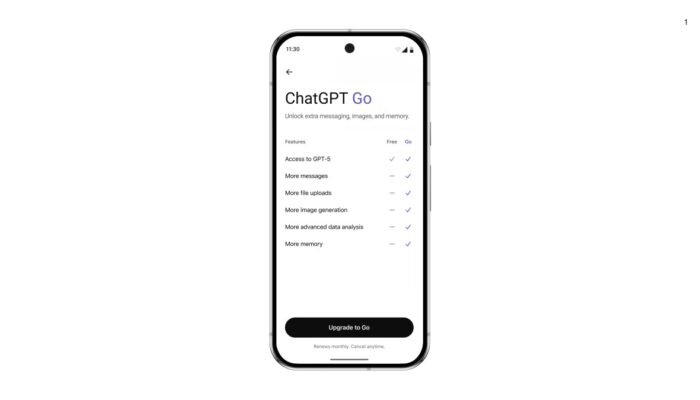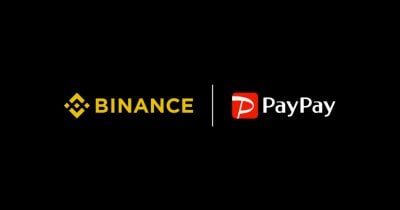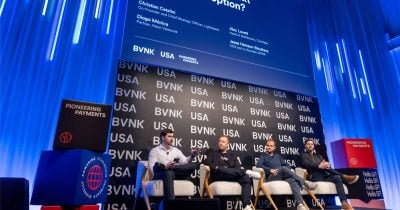Disney and Universal have filed a lawsuit against Midjourney, alleging that the San Francisco–based AI image generation startup is a “bottomless pit of plagiarism” that generates “endless unauthorized copies” of the studios’ work. There are already dozens of copyright lawsuits against AI companies winding through the US court system—including a class action lawsuit visual artists brought against Midjourney in 2023—but this is the first time major Hollywood studios have jumped into the fray.
The complaint includes dozens of images that purportedly demonstrate how Midjourney can conjure images featuring the studios’ intellectual property. One image depicts Yoda from Star Wars holding a light saber, which it says was made by inputting the prompt “Yoda with lightsaber, IMAX.” Another shows that typing “The Boss Baby” as a prompt allegedly resulted in an image of an animated child in a tuxedo closely resembling the protagonist of Universal’s The Boss Baby franchise.
“This is an extremely significant development,” says IP lawyer Chad Hummel, who sees the compilation of images in the complaint as compelling evidence that “the output is not sufficiently transformative.” Most AI companies facing lawsuits have argued that they are protected by the “fair use” doctrine, which allows for use of copyrighted works in certain circumstances; one of the main questions the courts ask is whether new work is “transformative,” or adds a new meaning or message, when they make the fair use determination.
Matthew Sag, a professor of law and artificial intelligence at Emory University, believes Midjourney will have a harder time making a fair use case than previous AI defendants.
“The reason it’s different is that Disney directly attacks the output of the model. It doesn’t just use a few cherry-picked examples to prove that the model was trained on its works,” he says. “It’s going to be very difficult for a court or a jury to accept that it is transformative to take 1,000 pictures of Darth Vader and use them to produce even more pictures of Darth Vader.
The lawsuit alleges that Disney and Universal have asked Midjourney to “adopt technological measures” to prevent its image generators from producing infringing materials, but that the company “ignored” their demands. Additionally, it alleges that Midjourney “cleaned” copies of Universal and Disney’s work during the training process, which “necessarily included creating more copies of the materials.” Midjourney did not immediately respond to requests for comment.
“We are bullish on the promise of AI technology and optimistic about how it can be used responsibly as a tool to further human creativity,” Disney general counsel Horacio Gutierrez said in a statement. “But piracy is piracy, and the fact that it’s done by an AI company does not make it any less infringing.”
Midjourney, like many other generative AI startups, trained its tools by scraping the internet to create large datasets of images, rather than seeking out specific licenses. In a 2022 interview with Forbes, CEO David Holz openly discussed the process. “It’s just a big scrape of the internet. We use the open data sets that are published and train across those,” he said. “There isn’t really a way to get a hundred million images and know where they’re coming from. It would be cool if images had metadata embedded in them about the copyright owner or something. But that’s not a thing; there’s not a registry.”
Since the AI boom started, a new market for licensing various creative works as training data has emerged. Startups like ProRata and organizations like the Dataset Providers Alliance are already operating as go-betweens for creatives and AI companies. Some prominent companies involved in AI litigation are also striking major licensing deals—The New York Times, for example, is in the middle of a lawsuit with Microsoft and OpenAI, but recently inked a deal with Amazon to license its works. “What’s very clear now is that there is a vibrant market for licensing,” Hummel says. (WIRED parent company Condé Nast signed a deal with OpenAI last August.)
In other ongoing AI copyright cases, some judges have emphasized that it will be crucial for plaintiffs to prove that the AI companies are hurting them financially. The Disney and Universal complaint describes the conflict as an existential threat to the film industry.
“Midjourney’s bootlegging business model and defiance of US copyright law are not only an attack on Disney, Universal, and the hard-working creative community that brings the magic of movies to life, but are also a broader threat to the American motion picture industry which has created millions of jobs and contributed more than $260 billion to the nation’s economy,” it reads.
Although this is the first time that Hollywood’s biggest players are going to court over AI, the technology is already rapidly changing the industry. Many AI companies continue to roll out increasingly sophisticated generative AI tools. Google’s Veo 3 video generator is capable of generating stunningly realistic video in seconds. Within the industry, while unions like SAG-AFTRA have fought for guardrails about how AI is incorporated into the filmmaking process, some enthusiasts have emerged. Titanic and Avatar director James Cameron, for example, has joined the board of AI image generator Stability AI and advocates for use of the technology.
No matter how mainstream generative AI gets, though, when a company like Disney—famously tough when it comes to copyright—decides to duke it out in court, it has the potential to shape the industry’s future.




